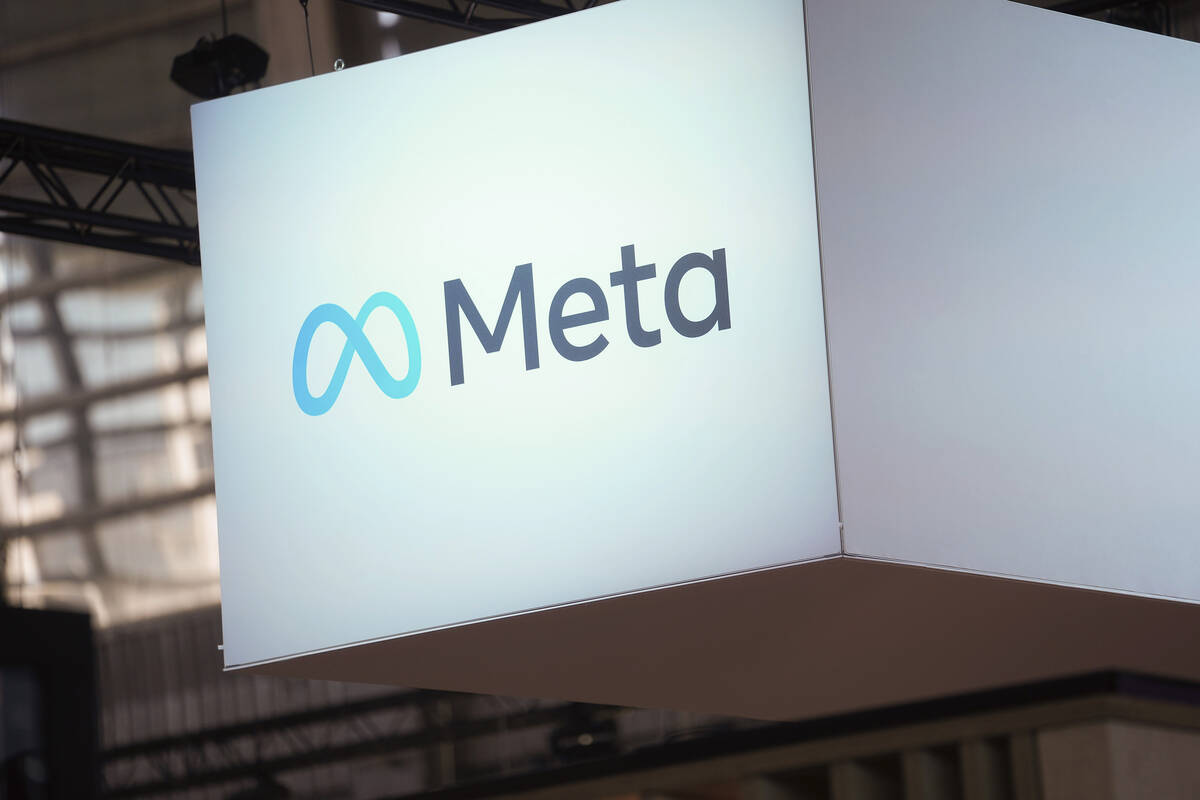COMMENTARY: The FTC’s Big Tech tunnel vision leaves consumers at risk
The Federal Trade Commission chair, Lina Khan, staked her agenda on breaking up Big Tech. Three years later, there’s little to show for it.
Khan still has a chance to recalibrate her priorities and deliver meaningful reforms for consumers, such as cracking down on fraudsters and scammers. But doing so will mean coming to terms with a reality of today’s consumer environment that Khan has been unwilling to recognize: Americans are happy with their tech products.
Khan took the reins at the FTC in 2021, promising to crack down on the world’s biggest tech companies. In Khan’s eyes, the FTC had become a weak cop on antitrust. That was all, supposedly, about to change with a new sheriff in town.
But the role of a sheriff isn’t to write the laws; it’s to enforce the laws on the books. Lacking legal evidence of wrongdoing, Khan saw her plans fall apart.
Under Khan, the FTC has weathered a string of losses in Big Tech cases short on evidence. A federal judge rejected the FTC’s attempt last year to block Microsoft’s acquisition of Activision Blizzard, saying the agency failed to prove the deal would reduce competition and harm consumers. A few months earlier, the agency lost its suit against Meta concerning its acquisition of Within, a virtual reality startup. The only tech merger that the FTC successfully blocked was between two biotech companies, neither of which is a household name.
According to a recent survey of antitrust law professors, the FTC’s case against Amazon is rife with legal infirmities, earning it the dubious distinction as the “weakest” of all the major Big Tech competition cases.
So why is the FTC doubling down on a losing strategy? Khan’s theory is that even losing courtroom battles will help win her war on tech. In Khan’s view, it’s necessary to bring tech companies to court — win or lose — to push Congress for new antitrust laws that can be used against the industry.
At the end of the day, it’s consumers who lose the most in this kind of scenario.
A scan of all the federal agencies ranked by spending budget shows that the FTC lands right below the Peace Corps and above the Gulf Coast Ecosystem Restoration Council. It’s not an agency with cash to burn, but as Khan told The New York Times in an interview about her tech losses, “We’re definitely focusing our resources on litigating.”
Outside the courtroom, the FTC is burning even more of its limited resources in an effort to expand its authority over the tech industry. As if its failing lawsuits weren’t enough, the FTC recently announced investigations into more leading tech companies, including OpenAI and Microsoft.
However, tech antitrust enforcement is just one element of the FTC’s consumer protection mission.
Khan’s focus on Big Tech leaves the FTC with fewer resources to pursue fraudsters and scammers who inflict serious, unquestionable harm on consumers. A quick review of the FTC’s Annual Performance Report for 2023 shows that identity theft and investment scams are on the rise. Still, the FTC delivered fewer consumer refunds, collaborated less with state authorities and issued fewer consumer protection reports last year.
And when it comes to defending consumers, the most significant pain point in America is food prices. The food growing, processing and packing industries are rife with anti-competitive practices, such as the consolidation of meatpacking and the monopolization of tractors. These practices objectively hurt American families’ bottom line. But instead of prioritizing those issues, the FTC spent months litigating the internal org chart of a fitness app with fewer subscribers than the First Cat’s unofficial Instagram.
Rather than focusing on grandiose litigation and resource-intensive initiatives, the FTC can deliver actual consumer protection by going after everyday scammers.
Adam Kovacevich is a tech policy strategist in Washington. He wrote this for InsideSources.com.

















